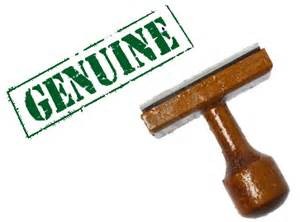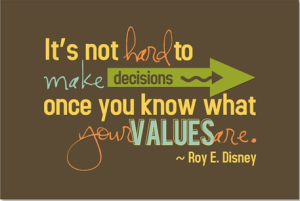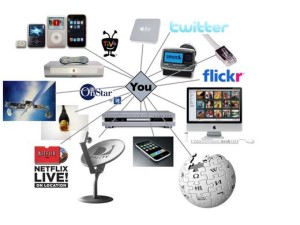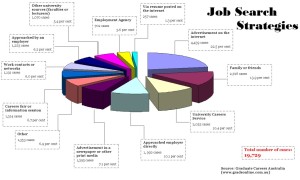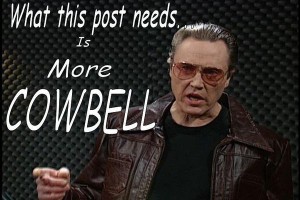 I heard a definition of success the other day that I really like… “Success happens when you realize that you have more than others.” Now I know that we ALWAYS want more and THAT is the problem. I read Ecclesiastes and I think “Sure, sure… having everything doesn’t help fill that hole I have in me. Easy for you to say.” But I want to try it for myself.
I heard a definition of success the other day that I really like… “Success happens when you realize that you have more than others.” Now I know that we ALWAYS want more and THAT is the problem. I read Ecclesiastes and I think “Sure, sure… having everything doesn’t help fill that hole I have in me. Easy for you to say.” But I want to try it for myself.
This affects our job search in ways that we do not realize. I heard an interview with a career coach that discussed how many of us are constantly looking at on-line job boards, even if we are happy in our current role, which many of us are not. Why? Because we all want a little more. My neighbor has a boat and a lake house. A friend got a Jeep for Father’s day. It would be EASY to strive for more and I do, but the reason is what matters.
If we strive for more just to buy more junk then it will lead to death. Sure, you can work more to make more money, but your family might fall apart. Just ask Jay Grinney, CEO of HealthSouth. In an interview with Jeremy Carter on the Bold Future Podcast he says that he regrets all the time he spent working and how it cost him his family. Or how about the relationships you lose or your heath that deteriorates?
We may be looking for the wrong things in our job search. We may also be asking the wrong questions in the interview process. I am not saying you want to jump right in and ask questions without regard for how they come across but you CAN find out the IMPORTANT stuff without being direct.
Time off: If this is not important to you (and it may not be) then I hope you are single. Many times you can find this on the company website.
Work schedule: Hopefully they list the work schedule or refer to it in the job posting. If not look on Glassdoor.com. You may reach out to someone who is currently in that role at the company.
Benefits: Again, check the website first.
Pay: Check out Glassdoor.com or ask people that work there what the “pay range” is for the position. I would NOT ask someone who is currently in that role but maybe someone who has previously been in that position.
Culture: This is a BIG one. Check out their website, Glassdoor, employees on Facebook and LinkedIn. Look for pictures and comments.
In the end, as with most things, your NETWORK can answer a lot of these questions and help you decide what positions / companies are a good match for you.
Al
Beware of false knowledge; it is more dangerous than ignorance.
George Bernard Shaw
